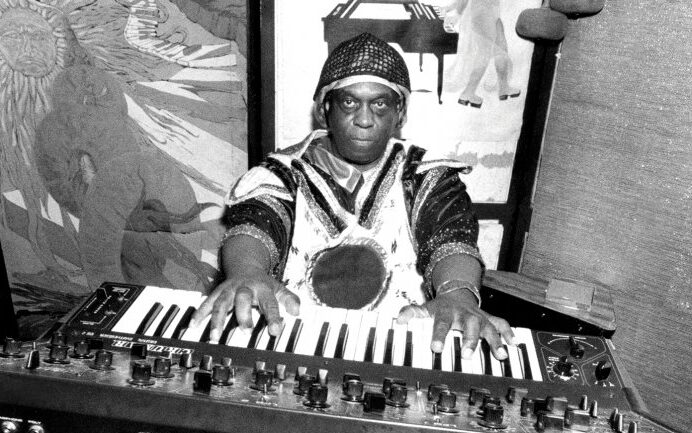Black History Month 2024: Where African American Arts Meet Technology

This year’s Black History Month theme, African Americans and the Arts, invites us to delve into a rich cultural heritage.
This month, we will be celebrating the diverse artistic contributions of African Americans across multiple domains and spotlighting the intersection of Black arts and technology.
The Origins Of Black History Month
Harvard-trained historian Carter G. Woodson founded the Association for the Study of Negro Life and History (ASNLH) and announced Negro History Week in 1925.
Woodson had hoped to raise awareness of African Americans’ contributions to civilization, and the event was first celebrated during a week in February 1926.
It has been said that Woodson selected February to highlight the birthdays of two Americans who shaped Black history – Abraham Lincoln and Frederick Douglass.
The response was overwhelming. Black history clubs began, teachers requested materials to instruct pupils, and progressive white people endorsed the effort.
When Woodson died in 1950, Negro History Week had already become a central part of African-American life.
Following the Black Awakening in the 1960s and the Civil Rights movement, the celebration was expanded to a month in 1976.
That year, fifty years after the first celebration, the association – now the Association for the Study of African American Life and History (ASALH) – held its first Black History Month.
African American And The Arts
The 2024 theme for Black History Month is African American and the Arts.
Artistic and cultural movements such as the New Negro, Black Arts, Black Renaissance, hip-hop, and Afrofuturism have been led by people of African descent and set the standard for popular trends around the world.
Hip-hop, pioneered by Black musicians like DJ Kool Herc and Coke La Rock, utilized technological tools such as turntables, synthesizers, and drum machines.
It became a medium addressing critical issues like racial violence and economic disparity.
Afrofuturism also defines cultural and artistic productions that envision a future for Black people free from oppressive systems.
This movement explores the intersection of Black history, knowledge, technology, and science. It is evident in the works of Sun Ra, Janelle Monáe, Octavia Butler, and the Marvel film Black Panther.
Art Meets Tech
Today, technologies like the Internet of Things (IoT), big data, AI, and blockchain are also refinding artistic practices with a new wave of Black artists using digital technology as their canvas and sites of resistance.
For instance, Lewis Long’s Long Gallery in Harlem offers 3D virtual walkthroughs, making art accessible from living rooms worldwide.
Dedren Snead has also launched a studio where art, culture, gaming, and technology collide. Snead’s vision is to build a “Black Pixar”, revitalizing tourist attraction to promote art, culture, and technological advancement within the city.
We invite you to join us this Black History Month as we explore these interactions of the Black arts and technology and celebrate artistic expression and the resilience and innovation of the African American community.
Featured image credit: Veryl Oakland



